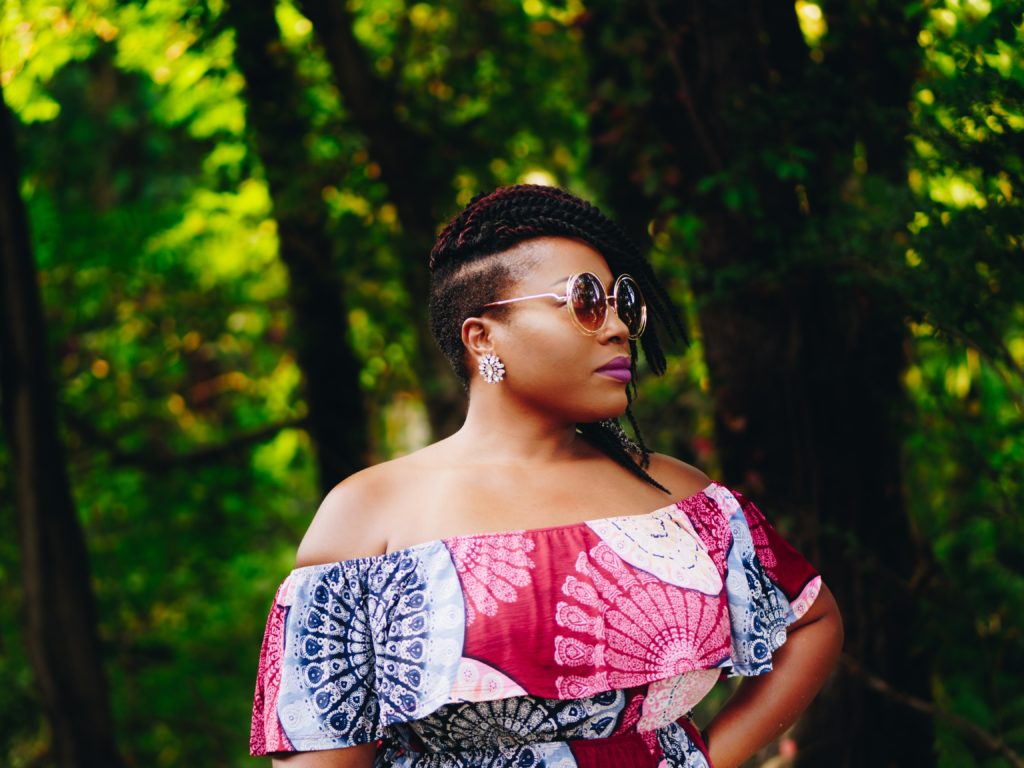
As much as we like to think that we live in reality, in truth we each live inside our own stories. Memory is a tricky thing, often showing us things in a way that isn’t quite accurate. The future is a castle that we build in the sky, to the point that it is quite possible (and normal) to grieve for the loss of plans that never actually happened. The present moment is filled with worries, desires, things to remember, the jukebox of our brains and all kinds of other noise. Reality? We are barely in it.
That is okay, as long as we recognise that is how it is for us, and for everybody around us. We all need the cushion of our own stories to get us through our day. We are the leading characters in our own stories, everything that happens to us we see through the camera lens of our own personal movie. Ever wondered why people behave the way they do and why they make the choices they make? Sometimes it is because those choices fit with the story they are living.
So what does it mean to “own” our story, and why is that important?
It means recognising the story we are telling ourselves and others, deciding whether it is the story we want to live, and if it is then standing up and saying “this is my story and I am allowed to live it”. This can be simple things such as “I am a creative, joyful, disorganised, spontaneous person, and I love that”, rather than living inside somebody else’s story about you which might be “oh, she’s a scatterbrain”. It could be standing up and saying “I am happy with my life choices even if they are not the choices the people around me would have made.” Or it could be saying “I struggle with certain things because I had a traumatic experience, and I do not need to apologise for that.”
Notice I mentioned living in other people’s stories about us. The very first people who tend to tell our story are our parents. Ever catch yourself saying about your kids “Oh, she’s such an entertainer!” or “You just know he’s going to be trouble!”. I do it all the time, even though I try not to. Those are your stories about your children and if you tell them often enough they will believe them. The tumultuous transition of the teenage years is in part their opportunity to start to tell and own their own stories, but if the parental stories are too strong (or too unhelpful) that can be a challenge.
What stories are you living in which are actually stories that other people have thrust upon you?
Over a year ago when I did a course of NLP coaching I identified my core values, and one of them is owning my own story. This is incredibly important to me, and other people trying to tell my story for me is really uncomfortable. Owning my own story is a boundary I try to uphold, as I find it distressing to listen to others telling my story back to me and getting it wrong. This is not about “accuracy” as none of us live in reality. This is about my right to tell my story the way I want it to be told.
How strongly I feel about this is in part due to the fact that I lived other people’s stories of myself for far too long. I now have a very strong sense of my own story and I own it 100%. It is not the story of a good, obedient girl, or of a vulnerable, confused individual. It is the story of a strong and passionate woman who always chooses the path of adventure and joy and freedom.
It is so important that we decide what our story is and what we want it to be. Stories are powerful things, and if we don’t choose our story we will end up living somebody else’s version of it.
It is also really important to remember that the way people see us is always through the lens of their own story. Are we good or bad, helpful or mean, desirable or off-putting, impressive or ridiculous? There is no “right” answer to those questions, because it depends what part we are playing in someone else’s movie.
You cannot play the quirky best friend or the love interest or the mentor or the comedy relief in everybody’s movie. In some people’s movie you are going to be the annoyance, the obstruction, the nemesis, the cautionary tale. That’s okay, that is your place in their credits. All that matters is what you choose for your starring role. You only get one. It is the lead role in your own life, and that role you get to pick for yourself.
Now go out there and be a star.
Helen Calvert
Coach and Director of Clear Day
July 2021
Find out here how to work with me 1-2-1.

Wow!
So powerful! It is such a good point that we rarely spend time right in the present. I can certainly identify with the stories we form of our future part of your blog. When things go wrong that is so often what we are in shock about, the loss of things that have not even really happened yet. Great writing Helen.
Thank you Shona x
This is a really interesting read, thank you for sharing your thoughts. I’ll certainly be trying to focus on my story from now on!
Thank you Alexia! Thank you for taking the time to read x